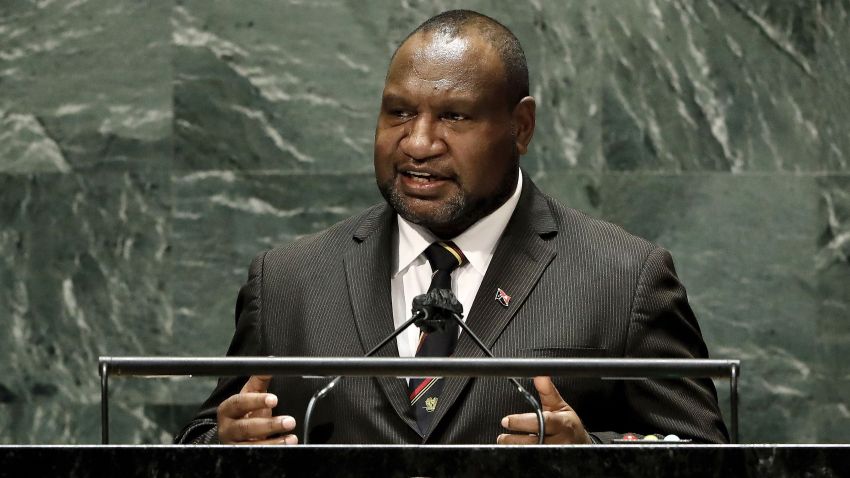More than two weeks after polling ended in Papua New Guinea’s 10th national election, a new parliament has returned popular incumbent James Marape to the prime minister’s office. The bitterly fought election began in April, when more than 3,500 legislative candidates began campaigning to win the 118 parliamentary seats on offer in the country of nearly 9 million people. After voting took place between July 4 and 22, election results were delayed by more than a week as the Electoral Commission struggled to complete ballot counting. By then, the voting had already been marred by violence and significant disenfranchisement, sparking concerns about the state of Papua New Guinea’s democracy. Nevertheless, Marape’s reelection is a sign of hope for the political system’s continuity.
The public has high expectations for the new government, which it hopes will tackle the country’s poor development, inadequate government services, fiscal challenges and coronavirus outbreaks. Acknowledging this, Marape‚ who leads the center-left Pangu Party, said in a public statement on Aug. 8, “The greater the responsibility, the greater the mandate, the higher and greater the obligation of those of us elected to parliament to give back the trust you’ve given to us.”
Yet, the reality of how the election played out raises questions about public trust in the government. Papua New Guinea’s elections, held every five years, are typically full of drama and spectacle, and feature a high voter turnout, fierce candidate rivalries and shrewd tactics by parties vying for an advantage in the results. But they have also been repeatedly marred by irregularities, and this year was even worse than usual. Major voter-roll discrepancies meant that as many as half of eligible voters were disenfranchised, according to a Commonwealth Observer Group. Other reports alleged ballot box vandalization, candidates paying off voters and wanton destruction of public and private property. There were even violent confrontations between candidates, their supporters and, in some instances, the police, with the media reporting at least 50 election-related deaths between May and July.

